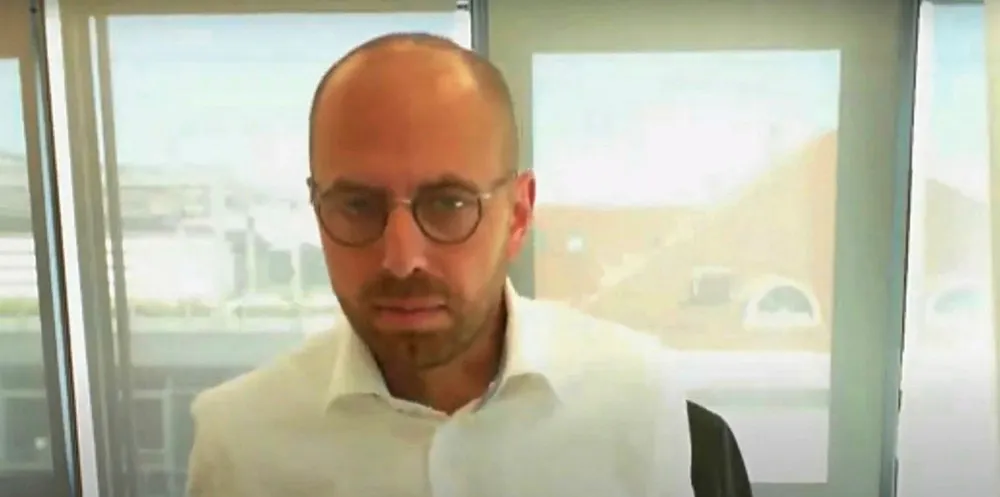'Learn how to value green hydrogen molecules': Siemens Energy CEO Bruch
Chief of newly-formed energy giant says commercial rather than technical challenges are biggest hurdles to large-scale renewable hydrogen sector

Chief of newly-formed energy giant says commercial rather than technical challenges are biggest hurdles to large-scale renewable hydrogen sector
